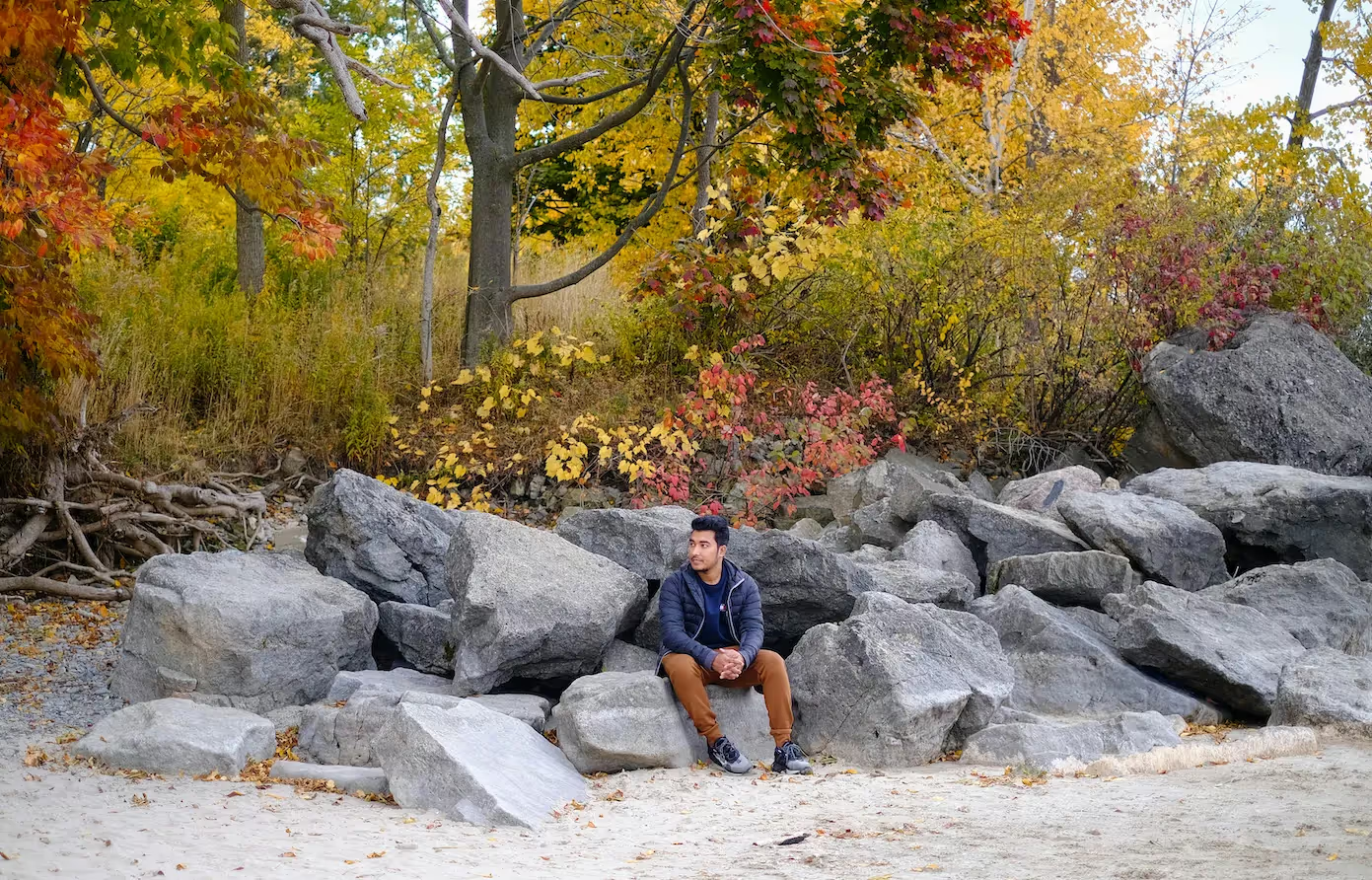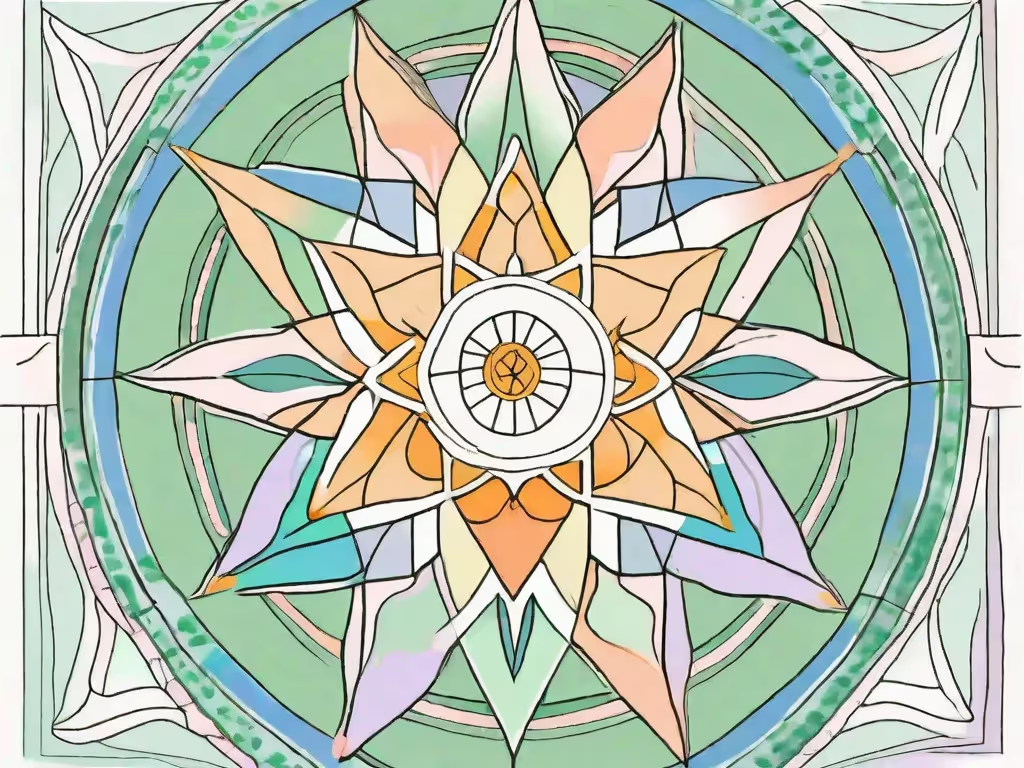Procrastination is a habit that can impact our lives and our ability to be productive, accomplish goals, and maintain healthy relationships. While occasionally, it can be forgiven, over time, if we repeatedly procrastinate, it frustrates those we are in a relationship with, personally and at work. Understanding the nature of procrastination and how it affects productivity and relationships is the first step to overcoming procrastination.
Timothy Pychyl, author of Solving the Procrastination Puzzle, has done research into the consequences of chronic procrastination. He has studied the link between procrastination and poor health. Pychyl says that procrastination prevents "whole-hearted living" and increases stress by lessening our ability to be happy and productive. His mission as a researcher and author is to educate others so that they live in more purposeful ways.
“You may delay, but time will not.” – Benjamin Franklin
By better understanding procrastination, we have more control over our behavior, and we can lessen negative impacts, such as feelings of laziness or fear, and regain control over our lives and relationships. In this article, I'll discuss the value of self-awareness and self-esteem when it comes to procrastination; the relationship between mindfulness, meditation, and procrastination; and we'll go over a few simple and easy-to-implement practices to support you in showing up on time to maximize productivity and improve relationships.
Understanding Procrastination and Why You Procrastinate
No one consciously wants to procrastinate, so why do we do it? Why wait to study for a test or get dressed for a date until the last moment? Cognitive-behavioral research suggests that procrastination can often manifest as an automatic thought process, so automatic that it has been explored as a personality trait. This can lead to myriad physical and social issues, according to a recent New York Times article that explores how procrastination can become chronic, such as lower life satisfaction, poor health decisions, and cardiovascular disease, among others.
So how do we transform the procrastination habit, making it less a part of our present identity and instead reflecting our past identity? In some research, procrastinators were more likely to have some perfectionism or lower self-esteem, which may explain the desire to put things off and avoid the disappointment or fear of falling short of expectations. There are also mental health diagnoses that lend themselves to procrastination, such as depression, which can lead to a loss of motivation or anxiety, which can lead to self-criticism and a fear of potential outcomes.
While each individual is different, on any given day, we can create a plan to overcome procrastination. It begins with self-study. If you think your procrastination habit is the result of a larger problem, such as a mental health concern, it might be a good idea to find a counselor or therapist to guide you through the right course of action. If you believe your procrastination is limited to certain tasks, or if feels more like a bad habit you cannot shake, the good news is that a new habit of mindful awareness can be a viable remedy.
How to Stop Procrastinating?
I recommend mindful journaling to begin to recognize procrastination triggers. In a journal or document, list all the times you find yourself procrastinating, and identify any patterns or tasks that seem to make procrastination more likely. For some people, work is never a problem, but they procrastinate when it comes to exercise. For others, procrastination is associated with distractions, such as social media, that steal attention. After listing your habits and where you get stuck in the cycle of procrastination, you're on your way to taking your first small step forward.
Once you have this information, the next step is charting a course of action. Even if you feel that therapy is the best route initially you can still benefit from trying the following exercises.
- Practice self-compassion: A hallmark of mindfulness practice is self-compassion. This can be achieved with a short Metta or Lovingkindness practice. Self-compassion can be difficult for some people, so often this practice begins by sending compassion and love to others; once familiar with the feeling of wishing others well, we are better equipped to send ourselves compassion. This is particularly helpful if fear or anxiety is feeding our procrastination habits. A short, 5 minute version of this meditation can be practiced here.
- Remember your "why": Simon Sinek, author of Start with Why argues that business and individuals benefit from remembering the reason behind their goals. To create and maintain motivation, we have to care about what we're doing. To determine your "why," you can think about your values. What personal values do you have that can help you to take action toward your goals today? For instance, if you value relationships and a co-worker is depending on you to complete a task, you may find more motivation to stop procrastination by thinking about the person instead of the task.
- Exercise with mindful awareness: Mindful exercise can mean a short but focused practice in which you engage in regular exercise with mindful awareness. By focusing totally on the sensations of your body as you exercise, you are less likely to get caught up in the internal dialogue.
- Mindful journaling: To write about your fears, stress, or hesitations is to help release their grip on you. After the assessment of where procrastination often shows up in your life, consider journaling about why you think this is. What thoughts come up? Do you fear the task will be boring or daunting? Simply write with an exploratory spirit, and notice if any self-judgment is coming up; if you feel like writing is wasting time, write about that as well. Much like any mindfulness experience, we want to feel what we feel authentically and with self compassion.
- Practice mindfulness meditation by counting breaths: Because mindfulness is adept at helping you to stop ruminating and increase focus, a simple meditation can do wonders to reduce procrastination. One simple technique is to take 25 mindful breaths. That's it, just breathing in and focusing on breathing in. Breathing out, focusing on breathing out. You'll find an energy shift that may ease feelings of worry or perfectionism that lend them to procrastination.
- David Allen's 2-Minute Rule for Overwhelming Tasks: Allen's workflow management method, Getting Things Done, introduced the 2-minute rule. It is a method of reducing distractions and increasing motivation by setting a reasonable goal. If it takes less than 2 minutes to complete the task, do it immediately because you can ruminate or worry over the task longer than it takes to finish. The other aspect of this strategy is to set a timer. By going in knowing that you are only spending 2 minutes, any task can feel less daunting.
- Make fewer decisions each day: According to Boise State University, it can be helpful to reduce the number of decisions we have to make each day because it creates fewer opportunities to procrastinate by overthinking the tasks at hand. We can do this by scheduling and maintaining routines and setting ourselves up for success each day by planning.
- Eliminate distractions: This can also be referred to as narrowing, and it is a fundamental part of a mindfulness practice. Phone calls, websites, games, social media, and notifications can easily interrupt our ability to complete tasks on any given day. Eliminating distractions is as simple as turning off your phone for a few hours, or setting it to DND to stop social media notifications when working on an important task. Doing so can help you to focus. By removing distractions, even for a short time, you can set yourself up for a more productive mindset, which will reduce the temptation to procrastinate. This can be difficult as many of us are addicted to our phones, but if we start with just a minute or two, we can work our way up to longer periods and increase self control. You might be surprised by what you accomplish.
- Lose deadlines and focus on short-term targets: We often avoid tasks that we associate with stress or consider boring and long. We can think about our big 30-hour project, and feel stuck because the action seems so monumental. Unfortunately for us, delaying big projects doesn't mean they disappear. Eventually, we have to take action. But instead of thinking about the larger project, we can set smaller tasks and more digestible goals to help get us started. For instance, an hour of work today on that 30-hour project can be rewarding and aid in your productivity tomorrow. This will help you feel accomplished by the end of the day and feel better about yourself when you pick up that same task tomorrow.
- Reward yourself for taking action: Finding ways to reward yourself for getting started or staying on task can be beneficial. For instance, if you rarely go out to lunch but always want to, you can set this as a reward; or if you are "narrowing" your input by turning off social media, you can reward this behavior with an hour of doom-scrolling (just kidding). Setting goals today and thinking about the rewards waiting for tomorrow will help you stay motivated. There are also intrinsic awards that you'll find happen naturally when you take action, such as feeling a boost of confidence when you accomplish what you might have previously put off.
Why Does Mindfulness Meditation Help Procrastination?
It's important to remember that to find new routines and break the habit of procrastination, we may need help, such as community support or an accountability partner. Friends, family, mental health professionals, and health coaches are possible partners as you embark on this journey.
I like to think of my mindfulness meditation practice as a companion because I know that any minute, I can refocus on my breath or the present moment. If you commit to a new habit of mindfulness, this may work to support you in breaking an old habit. To stop procrastination means setting an intention to overcome old limitations.
It can seem counterintuitive that stillness and mindfulness can help you get things done; after all, how does sitting and focusing on the breath move us forward in our tasks? The fact is, however, that we can often waste a lot more time when operating from a place of stress, anxiety, or perfectionism. It takes energy to think about things endlessly before we do them. And while planning can be a great thing when determining tasks, when it becomes rumination, it becomes destructive when you never get started.
Mindfulness meditation as an emotional intelligence exercise has been proven to help us to consider the broader view of a situation. For instance, if you are still playing a video game five minutes before your date, that decision impacts you and the person waiting if you are late. if you are nervous about this date, perhaps procrastinating is a way of trying to distract yourself from the anxiety you feel. With mindfulness meditation, you sit with the very fear you are otherwise trying to avoid and watch the fear with detachment.
You would feel in the present with self-compassion and presence. And what’s interesting is that the very concerns we usually have seem to pass on by when looked at with compassion and love. So often procrastination comes from the overwhelming nature of the task at hand, but with mindful awareness, we can train ourselves to stop and rekindle motivation by setting smaller goals that will lead us to accomplish our larger goals.
Let’s Practice Together
James Clear, author of Atomic Habits, challenges people to look at the reward system differently and see not daunting tasks but small, incremental changes in their lives. His book is especially beneficial to procrastinators because it explores how to stay motivated when we feel overwhelmed. Clear emphasizes changing your habits to "get 1% better every day."
Take a moment to silence your phone, turn off any social media alerts, and set the intention of a short, 2-minute break. This small step will give you a glimpse into what a mindfulness practice could like in your own life. Once phone calls are disabled and notifications are turned off, find a tall, seated position and focus on your breath and body. Begin to cultivate a sense of self compassion. You can focus as you read these words. Notice the temperature of the breath and the way your body gently expands. Notice the exhale and the way the body gently contracts. Notice all thoughts as they come and go and breathe. Notice what you feel like right now, in this moment, and meet what is with compassion and love. Take one more mindful breath, and then return to the room.
Remember, to stay motivated, you can start with small tasks and small goals. Stop what you are doing here and there and take a few mindful breaths. Set an intention to release distractions such as perfectionist thoughts by calling to self compassion, and remind you that to get started doesn't have to mean being perfect or doing it all. Overwhelming thoughts can come and go, but on any given day that we can take even the smallest step forward, we are creating real change in our behavior and setting a new pattern of increased, accountability, focus, and productivity that will help us in many ways.
Resources:
This meditation practice is designed to help you take small steps or approach one task at a time to overcome procrastination and negative self-talk. The best teacher and guide is within you.
Try the RAIN technique to avoid overthinking and over-analyzing thoughts to the point where you feel stuck. This method helps you break the cycle of perfectionism and fear and instead see what is in front of you mindfully so you can take action. You can also read about this technique here.
Read more about the science of procrastination behavior and how to set goals and stop procrastinating here.
At Aura, 97% of people find more calm in just three days, which speaks to the power of meditation and mindful practices. If you’re looking for more guidance, community support, and resources to support anxious thoughts, join me at Aura, the most holistic meditation app on the market, for 30 days free.



.webp)







.avif)

%20(1).avif)


.avif)
.avif)
.webp)


.avif)


















































































































.avif)

















.svg)







.avif)

